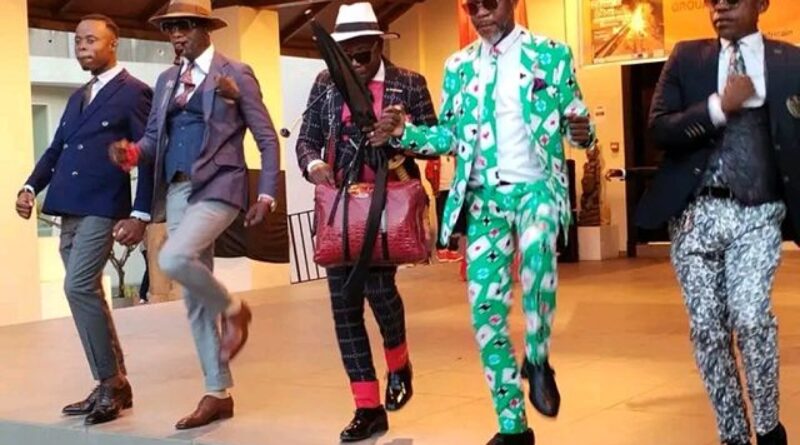Congo: Sape and African traditions
Pointe-Noire in Congo recently hosted the Festival of Orality, “Retour au Mbongui,” an event that celebrated African traditions through stories, legends, and nursery rhymes. One of the highlights of the festival was the presence of the “sapeurs,” renowned for their extraordinary elegance and unique fashion sense.
Henri Blaise NGUEBEI, President of the Sapeurs, emphasized the importance of merging African and Western cultures to create a unified tradition. He stated, “The sapeurs bring cultures together. Here, it’s about valuing both African and Western cultures and merging them into one. That’s what sape is about. Sape is also about storytelling, as it happens in tales. Our approach is to encourage sapeurs to sustain storytelling by participating in such events.”
While sape is often associated with Western fashion, it maintains a strong connection to African traditions. The sapeurs aim to preserve these traditions at a time when many are at risk of disappearing.
Jorus MABIALA, Director of the Festival Retour au Mbongui, explained***, “We have an ancient culture, as you can see from these traditional dances, and we have other cultures we’ve developed in a modern way. Sape, created by the Congolese, is now practiced in several African countries, but its source is here. So why not bring it back to Mbongui and talk about it?”***
The festival was well-received by the public, who appreciated the opportunity to connect with their ancestral heritage. Audience member Celome NGAKOSSO shared his thoughts, saying, “What I take away from this is that our people, who went to learn how others dress, combined it with our African tastes, and the result is what we have, Sape. It’s about perpetuating this message so it doesn’t disappear and continues to exist.”
This cultural fusion is reminiscent of the universal civilization championed by Léopold Sédar Senghor, highlighting the blending of diverse cultural elements into a harmonious whole.

